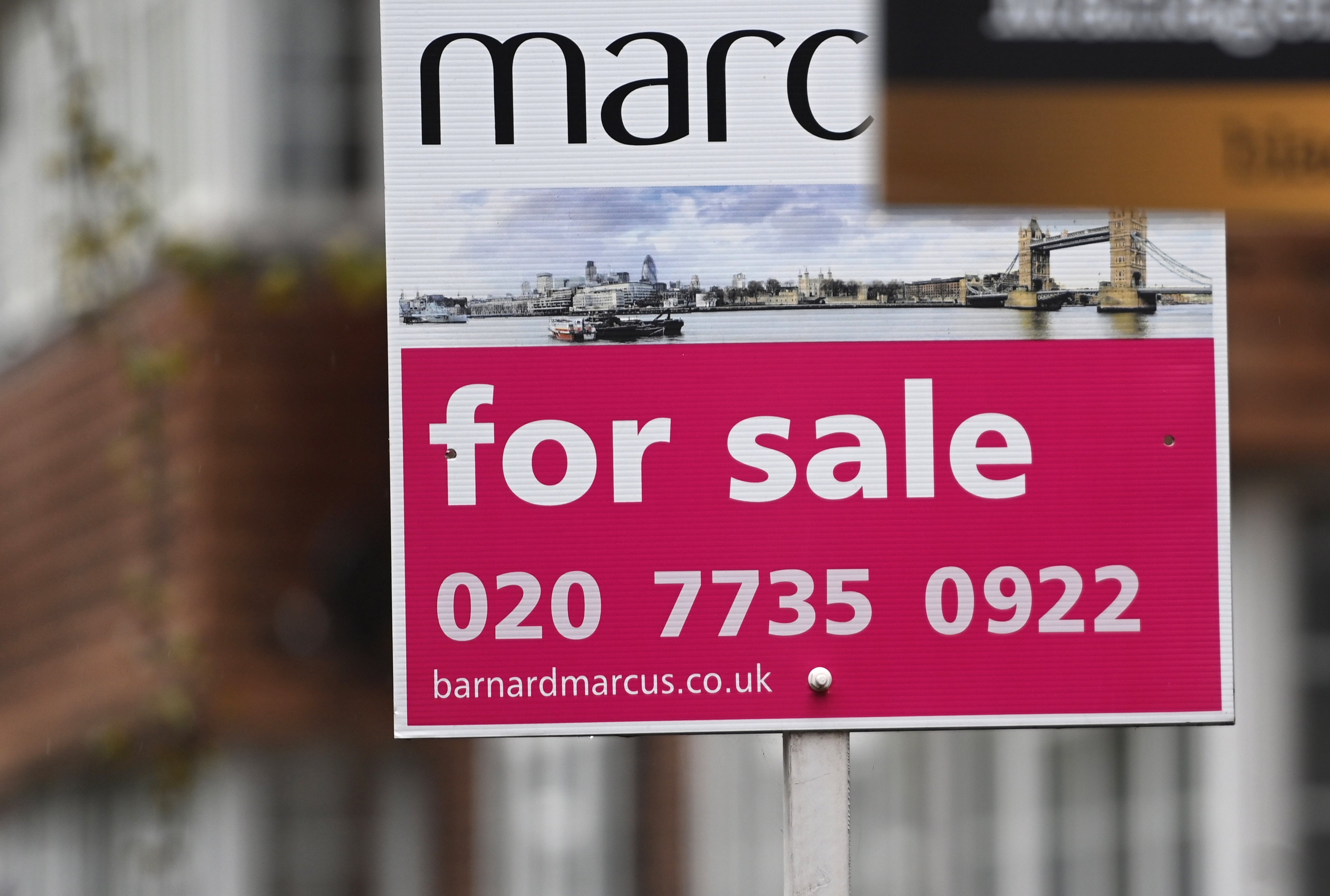
There has been fevered speculation about changes to pension savers’ tax allowances and other perks ahead of today’s Budget statement.
Reports that pensioners could have tax breaks cut or axed led to savers withdrawing chunks of their retirement pots ahead of Chancellor Rachel Reeves’s big announcement.
Other speculation focused on tax breaks for workers planning to retire, spurring them to do the opposite, and pack more cash into their pensions in case their own tax incentives are slashed.
What might the chancellor do?
You may have missed the fact your bank has cut your savings rate. We are seeing things cut across the board – keep an eye on that
Reeves has tasked herself with fixing a gap in the nation’s finances of £22bn. She has also pledged to bring the country’s debts to heel and to avoid raising income tax rates, one of the easiest and least popular ways to bring in money.
Instead, she is reportedly considering other revenue-raising means, such as cutting perks or taxing things like gains in the value of assets like company shares or second homes.
For at least a couple of previous Budgets, there has been speculation that the generous tax breaks pensioners and pension savers get could be cut. This speculation has intensified.
As things stand, a retiree with a private pension pot of up to just over £1m can withdraw a quarter of that money and pay no tax, meaning a withdrawal of up to £268,275. Reeves could cut or end that allowance, since it benefits the well-off the most.
Workers saving for their pension can do so before income tax is paid. For higher earners – taxpayers paying 40 per cent income tax on their earnings – this is a very generous break. It means £100 paid into their pension pot costs them just £60 in taxed income.
But again, it benefits the best off the most, with earners on £50,271 and above getting the 40 per cent relief and lower earners getting only 20 per cent.
Some campaigners advocate for a flat rate of tax relief of 30 per cent, which would benefit everyone.
What should I do with my savings ahead of the Budget?
“The main thing is not to be rushed into action by speculation ahead of the actual announcement,” advises Sarah Coles, head of personal finance at stockbroker Hargreaves Lansdown.
“Don’t do anything rash,” she says. “It’s really important people don’t rip out tax-free cash without having a plan for it.”
Pensions can be accessed from age 55 for some people, and it’s important not to drastically shrink your savings if they must last you another 30 or even 40 years. Taking the money out can tempt you into spending it.
“If you do want to withdraw some pension cash, put it into an ISA, which protects interest payments and other gains from tax, just like a pension does,” Coles says.

“Outside pensions, it is worth watching out for and making use of other allowances,” says Coles. “Now that interest rates are higher, it is worth being aware that £1,000 of interest can be received tax-free for lower-rate taxpayers, but only £500 for higher-rate payers.”
There is also speculation Reeves may increase capital gains tax or cut allowances, although she is likely to leave the tax on second homes alone.
“If you own shares outside a pension or ISA, you can book £3,000 of gains a year tax-free. It might be worth doing that before the Budget,” says Coles.
She adds: “It’s worth thinking about planning as a couple. The £20,000 ISA allowance is the same per person. This means if your ISA is full, you could use your spouse’s.”
What about savings?
“The Budget has the effect of drowning out all other personal finance news,” says Coles. “The other thing to bear in mind is savings rates dropping. You may have missed the fact your bank has cut your savings rate. We are seeing things cut across the board – keep an eye on that.”
While rates are higher than their pre-Covid historic lows, they are ebbing downwards, so looking at what your savings accounts are offering is worthwhile.
Similarly, mortgage rates have drifted downwards, and those on high variable rates might consider securing a fixed rate.







